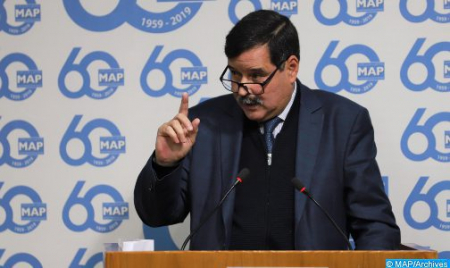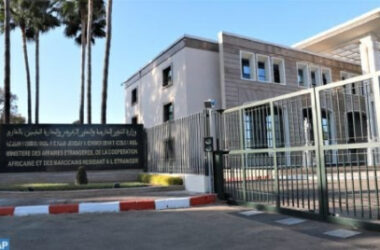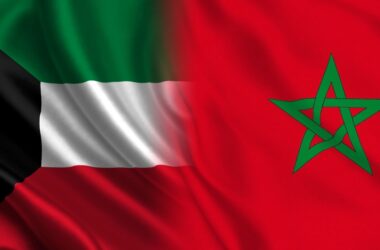In his weekly column published Monday on the online news site ”Machahid 24” under the title: ”the delirium of Marianne, Amnesty and cohorts,” he stresses that the holding in Morocco of the World Human Rights Forum is in itself an edifying proof of international recognition of the palpable achievements made by the Kingdom in the field of human rights, noting that countries and other parties in the West are visibly annoyed by its recognized achievements.
After noting that this World Human Rights Forum was held the day after the publication of a feature on an imaginary Morocco in the French magazine ”Marianne”, The columnist underlines that the international participants in this Forum were welcomed in Rabat, the capital of a real Morocco and had ample time to deepen the reflection on the prospects of human rights at the international level, alongside Moroccan speakers also real representatives of the state and society and who contributed to the proceedings of this Forum by serious proposals on the political and intellectual levels.
Stressing that the feature of the weekly ”Marianne” published a few days after another reserved for Algeria by the daily ”Le Monde” is ”a usual practice of France in its conception of its relations with Morocco and Algeria”, he considers that this feature is in no way a journalistic exercise but rather an attack against Morocco with light ammunition aimed at loosening the emotional ties between first the elites and the homeland and its institutions and then achieve the same result for all citizens.
He affirms that the feature of the magazine ”Marianne”, a tool among others exploited to attack Morocco, does not include any truthful information confirming a spying operation of Moroccan intelligence services targeting journalists and politicians inside and outside Morocco.
“Although the Spanish intelligence services have stated categorically that Morocco is absolutely not involved in the hacking of the phone of the Spanish head of government, the magazine ‘Marianne’ and well before, the European Parliament as well as Moroccanophobes in some European circles, mainly in France, continue to shamelessly trumpet the fact that Morocco uses the Pagasus spyware against opponents and friends and even against invisible creatures”, he writes, in an ironic tone.
Moreover, he adds, the NGO Amnesty International went even further in this cabal against Morocco by asking in a statement the Moroccan authorities to “put an end to the prosecution and harassment of the Spanish journalist Ignacio Cembrero”, which suggests, for him, that ”the allegations of this journalist reporting hacking of his phone are considered by this organization as a proven fact and that Mr. Cembrero should not be prosecuted nor be obliged to bring evidence since he is totally right while Morocco is presumed guilty and deprived of its right to defend itself before the Spanish courts”.
“It seems that Morocco is presumed guilty by Amnesty International, the magazine ‘Marianne’ and the cohort of Moroccanophobes led by some French circles,” he notes, before explaining this delusion by the annoyance caused by the development of Morocco and its progress.
While stressing that Morocco remains vigilant in the face of all maneuvers, he notes that the anti-Moroccan campaign is likely to take on greater proportions and other forms as revealed by studies and leaked information concerning European intelligence reports.
“The obvious reason is that Morocco’s progress, its openness, its pride and even its credible commitment to the international dynamics of human rights are disturbing,” he concludes.









